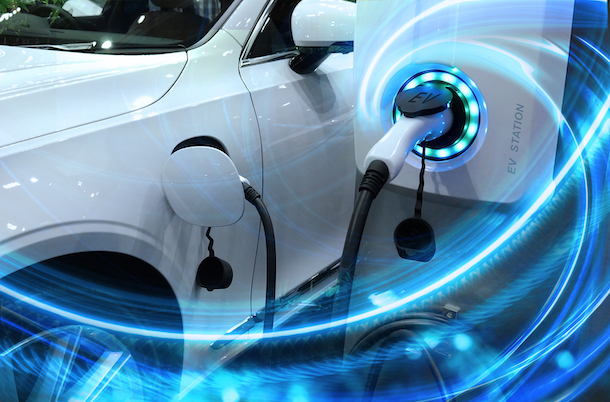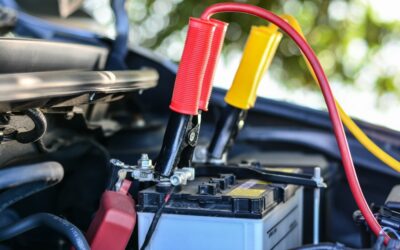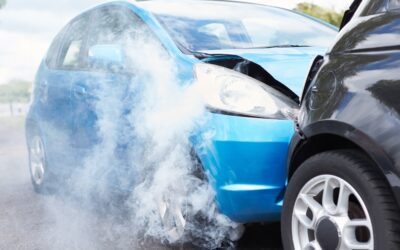If you’re looking to buy a new car, you might be thinking of buying your first ever electric car.
In this post we’ll look at the key differences between electric cars and more “traditional” petrol and diesel cars. We’ll examine the pros and the cons of each, before looking at a few other key differences – such as whether car insurance is different for electric cars?
Is The Car Insurance Different For Electric Cars?
Car insurance for electric cars and vans is functionally identical to car insurance for petrol or diesel cars. It’s still a choice of choosing from three levels of cover: Third Party, Third Party with Fire and Theft, and Comprehensive. However, with electric cars you’ll have extra equipment to consider like charging cables, ports or batteries should they be damaged or stolen.
Electric Cars vs. Petrol & Diesel Cars – The Pros
Apart from the relative environmental impact, electric cars have some major advantages over petrol and diesel cars.
It’s all in the running costs. Once you’ve bought your electric car, you’ll never have to pay for petrol or diesel again. Also, at the time of writing, electric vehicles are exempt from vehicle excise duty (VED), or road tax.
In the 2022 Autumn Budget, the UK government announced plans to start taxing electric cars from April 2025. But even then, it’s possible that electric car drivers will have to pay a significantly lower rate than petrol and diesel drivers.
Yet above all, buying an electric car could “future proof” your driving. In recent years, the UK government has investigated the possibilities of banning the sale of petrol and diesel cars from 2030. At some point drivers may have no choice but to choose electric.
Finally, electric cars are generally smoother, cleaner and quieter than petrol and diesel cars. You might find the experience of driving an electric car to be more pleasant overall.
Electric Cars vs. Petrol & Diesel Cars – The Cons
Electric cars might bring lower running costs, but they cost more upfront. Also, you don’t just have to buy the car. You may also have to buy charging equipment, including cables, adaptors, and a home charging wall box.
Some manufacturers may offer these as complementary extras, but even then, you’d have to go through the inconvenience of fitting the wall box to your home. And unless your home has a driveway, you may not even be able to accommodate a wall box.
Though electric cars cost less to run than petrol and diesel cars, electricity isn’t free. And as we saw during the 2022 energy crisis, the cost of electricity can skyrocket without warning. So while you may not pay as much to charge an electric car as you would to fill a petrol or diesel car, you’re still going to have to pay.
Then there’s the question of the UK’s charging infrastructure. It’s getting bigger and more reliable with every passing year. But there’s still the risk that your battery might run flat when you’re miles from your nearest charging point. So it’s important to plan long journeys carefully so you know where the charging points are.
At Insure2Drive, no matter what you drive, you’ll get the same flexible cover from us at a price you can afford whether it’s petrol, diesel or electric. And with our policies you can rest assured that your battery is covered in the event of damage and charging accessories are covered in the event that they are lost or stolen. Get in touch for a free quote online.




